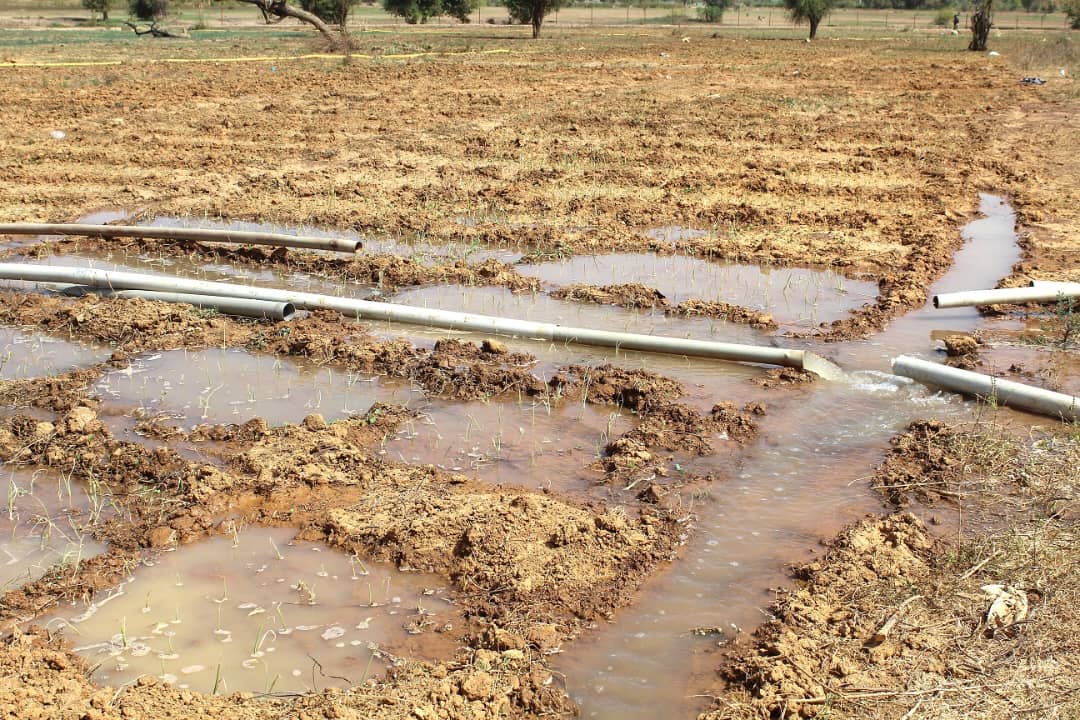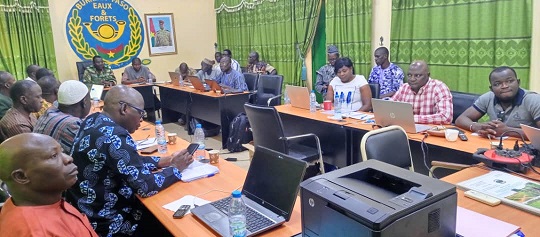The FIE covers 5 major areas of intervention, which are defined in its special statutes. The FIE also attaches great importance and covers actions related to mitigation and adaptation to the adverse effects of climate change. And the National Climate Fund planned for several years will be set up within the FIE through its various areas of intervention.
The FIE is consistent and at the service of the new National Adaptation Policy (NAP) to climate change. It contributes to strategic thrust 3 "the implementation of efficient and sustainable financial mechanisms" by putting in place a new financial instrument to sustainably finance adaptation to climate change. The FIE focuses its priorities for intervention on the priority areas identified by the NAP and the type of adaptation measures judged to be the most important in the short, medium and long term.
The FIE also covers the areas of (i) environmental governance and the promotion of sustainable development, (ii) environmental education and (iii) environmental research (including innovation and action research). As they are transversal, they are not the subject of a separate domain, they are integrated in the form of counters within each of the 5 following domains:
1. Environment and living environment
This area corresponds to the areas of sanitation, living environment, pollution and pollution.
2. Sustainable Management of Forest and Wildlife Resources
Through this area, Burkina will set up the Forest Fund provided for in the 2011 Forest Code (outside the Green Economy and Climate Change integrated in area 4), including climate change adaptation for actions in the field. forest domain.
These include the response to risks and natural and industrial disasters for their environmental aspects.
4. Management of natural resources soils and waters
This area aims to make the FIE better take into account the environmental dimension in techniques and methods of agricultural, fisheries or pastoral production, or to promote more generally sustainable management of soil and water resources (sustainable land management in particular). ). It involves participating in adaptation to the effects of climate change.
5. Promotion of sustainable practices in productive sectors and energy
The FIE will stimulate the development of investments and techniques that take into account the environmental dimension, with a view to saving energy or reducing the environmental impact of the productive sectors (industry, mining, transport, housing, etc.).
 English
English  Français
Français 



